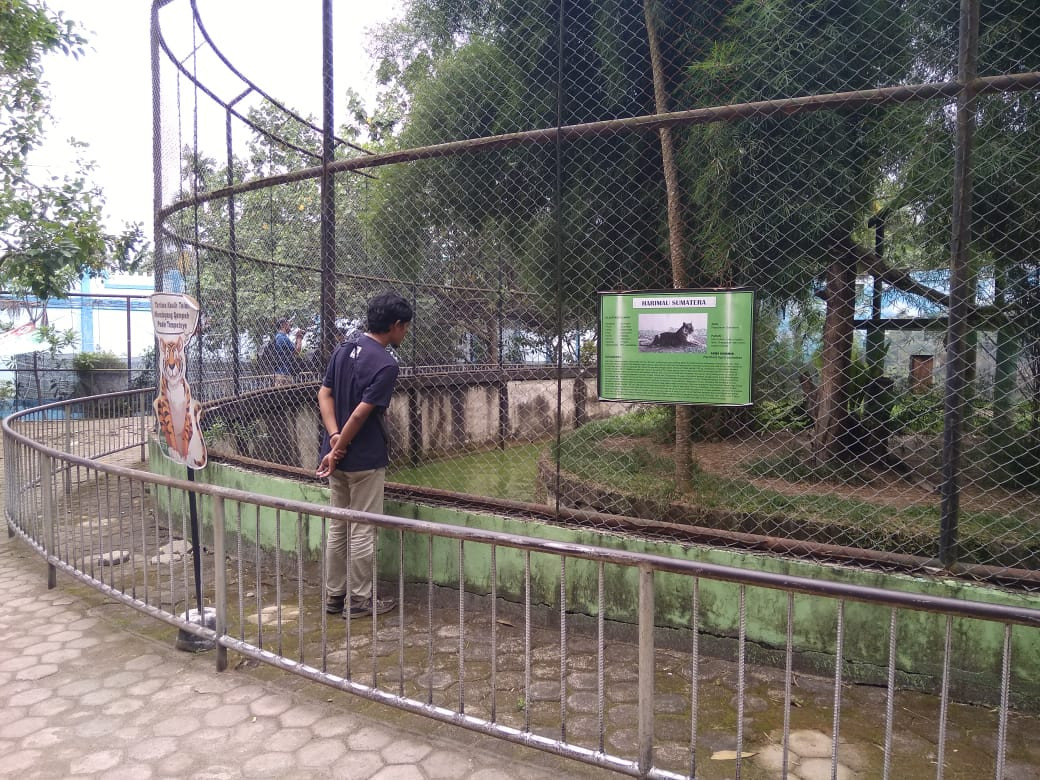Popular Reads
Top Results
Can't find what you're looking for?
View all search resultsPopular Reads
Top Results
Can't find what you're looking for?
View all search resultsTaman Rimba Zoo in Jambi open to reform following deaths of tiger, lion
Change text size
Gift Premium Articles
to Anyone
I
n light of the recent deaths of a Sumatran tiger and African lion, Taman Rimba Zoo in Jambi said it was open to the idea of employing more professional staff or even privatizing the zoo.
“These animals need [animal care] specialists who can look after them,” Taman Rimba technical management unit (UPTD) head Taufik Bukhori said on Monday.
About 50 staff members were currently working at the zoo, including a big-cat keeper and veterinarian, according to the zoo.
A protected female Sumatran tiger named Ayu and a male African lion named Shiro died due to an illness at the zoo over the past few weeks, leaving it with only one tiger and three female lions.
But the two incidents raised suspicions about whether mismanagement had led to their deaths, with Jambi Natural Resources Conservation Agency (BKSDA) saying that it was considering evaluating the zoo and its management team.
Taufik said either privatization or zoo management reform “should be the main concern of the Jambi administration”.
“Privatization can also help reduce bureaucracy,” he added.
The UPTD is a regional unit established by the Jambi administration to manage the zoo. The administration allocates about Rp 2.6 billion (US$184,694) per year for the upkeep of the zoo, Rp 1.3 billion of which is used to feed the animals.
In 2013, two African lions and a Sumatran tiger died at the zoo, allegedly from pesticide poisoning. Preliminary laboratory tests at that time showed that the three endangered animals were poisoned by meat laced with strychnine, which is a highly toxic alkaloid used as a pesticide. (ipa)










